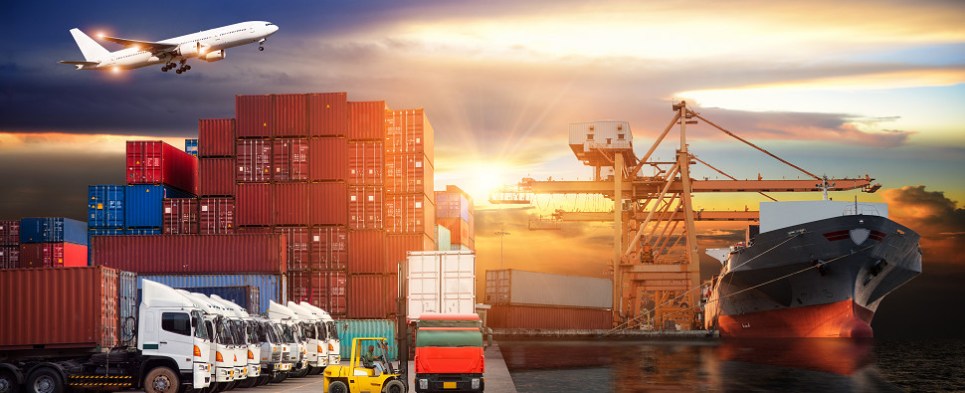How Data Will Drive The Transportation Industry In 2020
- June 7, 2020
- Posted by: admin
- Categories: Artificial Intelligence, Big Data Analytics

Since the past few years, the transportation industry is experiencing radical transformations, all thanks to data. Looking at the trends during recent times, it is not hard to notice that customer preferences are of utmost priority at every stage, starting from supply chain management to delivery.
However, along with consumer preferences, data will be driving several other aspects of business like innovation, safety, compliance, and technology, in 2020.
Today, data plays a crucial role in shaping how industries will progress amidst tough competition. Let us find out how data is influencing the transportation industry.
-
The rising influence of automation
We have already seen the power of automation in the transport industry, but it seems that in 2020 this trend will scale up. It will turn up in the form of maturation of automation technologies resulting in the application of AI to manage drivers and fleet managers. By employing the techniques of AI, fleet, and truck adjustments will offer data in real-time, eventually improving the industry standard. From these newly acquired standards, driver retention and safety will also increase and with enhanced access of data, communication between carrier and driver will gain transparency.
-
The rise of 5G
As new technologies are rising in the transportation sector, industry practices are evolving at a fast pace. With the network connectivity becoming better with each passing day, customers are making most of the improved speed and flexibility.
With the launch of 5G in 2020, the connected roadway is expected to derive its framework. Developed sensors can be applied to traffic signals and roadways, and it can be possible with the help of the increased bandwidth of 5G. The sensors will source in real-time data which will help the drivers to access 3-D maps and that will ultimately promote a safe driving environment. As 5G technologies will become more advance, principle components of autonomous roadways can also be designed with the help of it.
Also, before putting into implementation, safety practices and regulatory standards can be tested to make way to a smart infrastructure persisting throughout the transportation industry.
-
Retailers will run their operations based on real-time analysis
More retailers this year are going to follow the moves of retailers like Walmart and Target by prioritizing real-time data to enhance the customer experience. A Gartner’s research article shows that by using real-time findings, the average time between goods purchasing and delivery decreases, so it is obvious that retailers will continue focusing on this to improve their business performance.
To cater to the ever-changing demands of the customers, retailers will collect customer data to regulate business decisions. Also, shipping routes and inventory storing patterns will hugely rely on this data. To remain competitive, companies will adapt their operations keeping into consideration the insights they derive from the data.
Companies in the transportation sector that are upbeat on embracing these changes and are equipped to adopt these trends can look forward to providing better for both their employees and customers.
